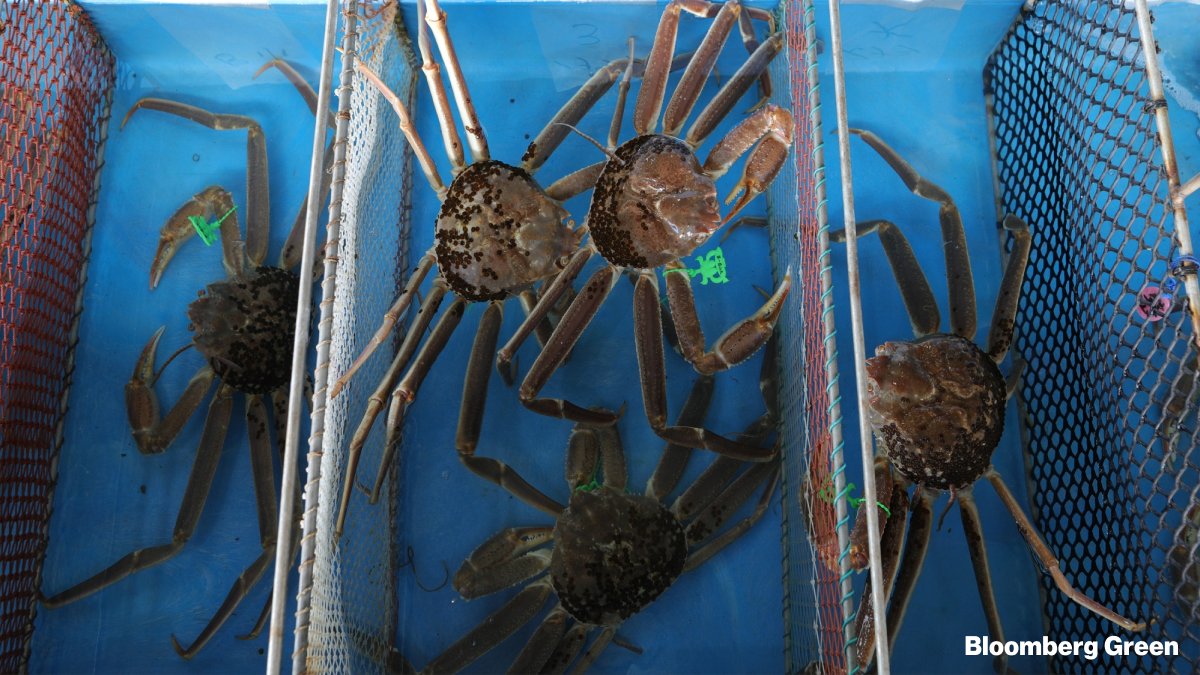
We're thrilled to announce the finalists for the inaugural Bloomberg Green Docs competition.
The documentary film contest honors short films addressing the urgency of climate change.
This thread features the finalists and here's more info: bloom.bg/3S3LW6B
The documentary film contest honors short films addressing the urgency of climate change.
This thread features the finalists and here's more info: bloom.bg/3S3LW6B

We’ll be screening all five films — and announcing the winner — at the #BloombergGreenDocs Film Festival in Los Angeles on October 26.
You’re invited to join us for an evening of films, Q&As and cocktails! The event is free, but a ticket is required: bit.ly/3EjfM3H
You’re invited to join us for an evening of films, Q&As and cocktails! The event is free, but a ticket is required: bit.ly/3EjfM3H

“On a Wing and a Prayer” by Nadia and Dominic Gill
Bloomberg Green Docs Finalist 2022 bloom.bg/3S3LW6B
Bloomberg Green Docs Finalist 2022 bloom.bg/3S3LW6B

“Plant Based Planet” by Whitney Beer-Kerr and Leona Lewis
Bloomberg Green Docs Finalist 2022 bloom.bg/3S3LW6B
Bloomberg Green Docs Finalist 2022 bloom.bg/3S3LW6B

“The Farm Under the City” by @brettinthecity, @jordcarrollfilm and @lewiscoates_
Bloomberg Green Docs Finalist 2022 bloom.bg/3S3LW6B
Bloomberg Green Docs Finalist 2022 bloom.bg/3S3LW6B

• • •
Missing some Tweet in this thread? You can try to
force a refresh





















